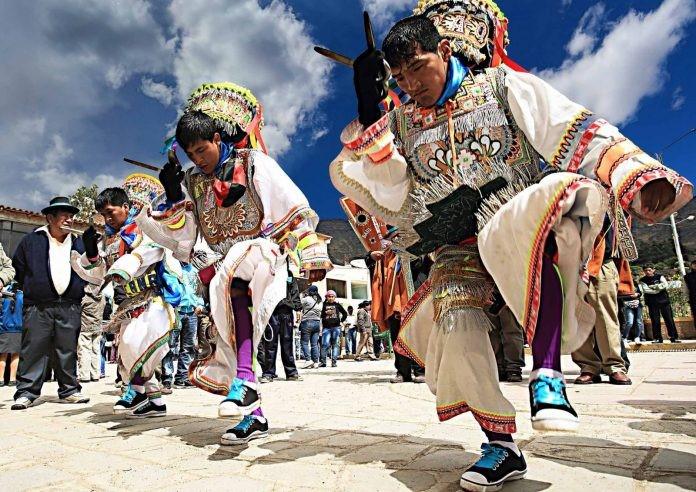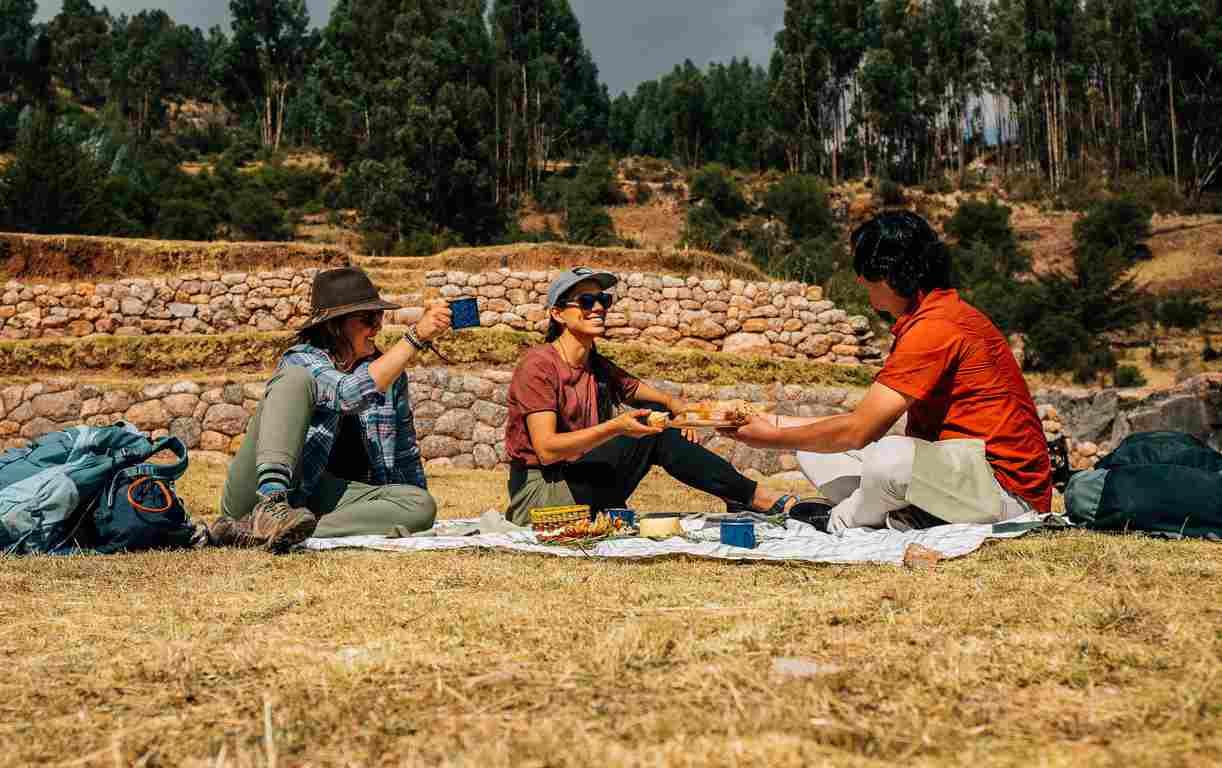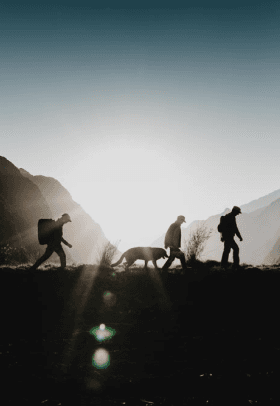
Five Peruvian Dances You Will LoveRead more

Capital of the Inca Empire. Tourist destination of the country. Declared a National Historical Monument in 1972 and a World Heritage Site in 1983 by UNESCO. And it is usually called, due to the large number of monuments it has, the <Rome of America>
March - December
5 days / 4 nights
March - October
7 days / 6 nights
March - December
5 days / 4 nights
April - October
6 days / 5 nights
